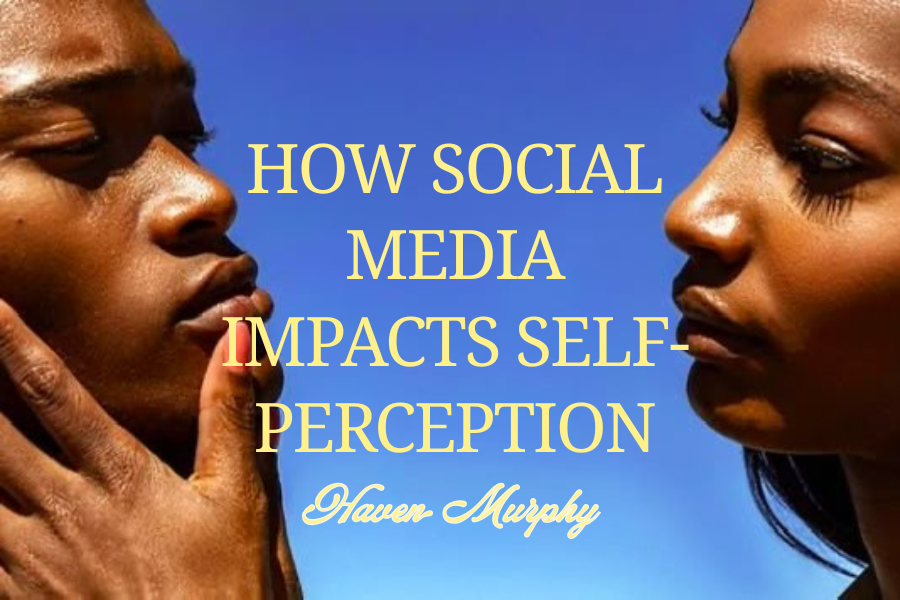Seasonal changes can have a big impact on one’s mental health. Given the obvious, when it shifts from summer into the colder months, the days start to feel shorter due to lack of sunlight. This can cause people to avoid leaving the house as well as feeling more gloomy. Seasonal affective disorder (SAD) is a type of depression that appears typically during the winter months. Symptoms can include: loss of interest in activities, sleep problems or excessive sleeping, weight gain from lack of exercise and even thoughts of suicide. SAD can be misdiagnosed and in some cases can be mixed up with other conditions.The cause for SAD is still unknown but some evidence shows that it is related to the body’s level of melatonin. Darkness stimulates our body’s production of melatonin preparing us for sleep. When the winter days get shorter and darker, the melatonin in our body increases causing us to feel sleepier than usual. Some people may have trouble regulating their levels of serotonin that influences mood. Research has also proven that people start to produce less vitamin D due to lack of sunlight. People who have a family history of any mental illness tend to develop SAD more commonly than others. There are many easy treatments for SAD including: vitamin D supplements, antidepressant medication and therapy. It is also important to take part in self care by taking advantage of available sunlight and planning physical activities.
In my own experience I’ve noticed that when the weather becomes colder I start to feel a sense of gloominess. In my opinion this is because all of the flowers, leaves on the trees, and the grass begin to lose their life, making it hard to enjoy being outside. Although there are many downsides to this, it helps us appreciate certain times throughout the year more.









